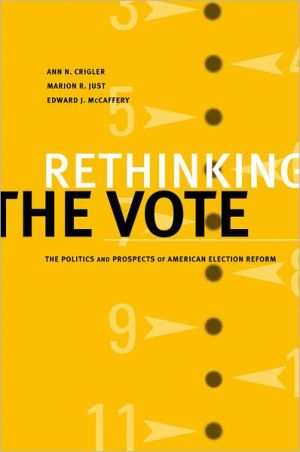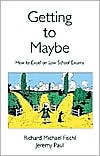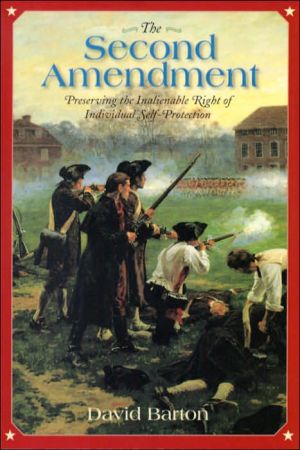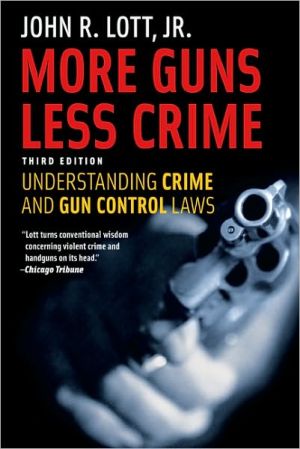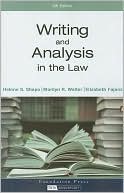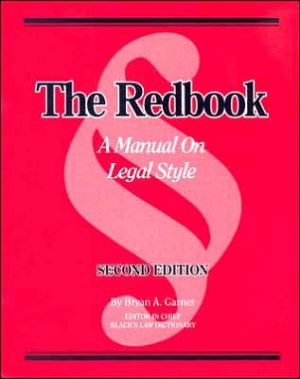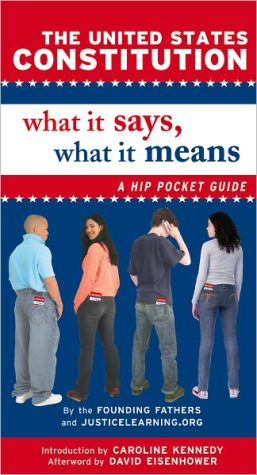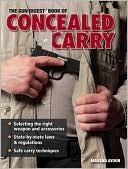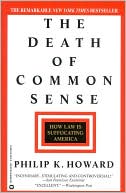Rethinking the Vote: The Politics and Prospects of American Election Reform
Maintaining the perception of fairness and equal access during elections assures the legitimacy of a democratic system. The U.S. in particular prides itself on its open and honest voting laws and procedures. However, the extraordinary closeness of the 2000 presidential election between George W. Bush and Al Gore triggered a rare scrutiny of the election process. This highly disputed contest revealed problems with ballot design and order; access to the polls; voting machines; absentee,...
Search in google:
Maintaining the perception of fairness and equal access during elections assures the legitimacy of a democratic system. The U.S. in particular prides itself on its open and honest voting laws and procedures. However, the extraordinary closeness of the 2000 presidential election between George W. Bush and Al Gore triggered a rare scrutiny of the election process. This highly disputed contest revealed problems with ballot design and order; access to the polls; voting machines; absentee, military, and overseas ballots; election laws and the Electoral College; and judicial oversight of the voting process. It brought to light issues regarding political polling in general, exit polls in particular, media projections and reporting, and even the election night "calling" of outcomes. Rethinking the Vote: The Politics and Prospects of American Election Reform centers on what can and should be learned about the processes of voting. Using the 2000 presidential election as a starting point, this collection of essays puts forth a constructive effort to learn from what transpired and to offer potential solutions for the future. Featuring work by leading academics and participants in the real-world drama of the 2000 election, it examines the legal, political, and institutional problems of administering elections in the U.S. The book begins and ends with questions about the prospects and possibilities for reform. It takes a consistently pragmatic approach that recognizes both the constraints on and the opportunities for change in America's elaborate constitutional and political structures. Providing a useful mix of quantitative and qualitative data, Rethinking the Vote is ideal for undergraduate courses in American politics, American elections, public opinion and voting behavior, American political thought, campaigns and elections, presidential politics, and media and politics.
Tables and FiguresAcknowledgmentsContributorsCh. 1Introduction: A Tale of Two Democracies1Ch. 2Election Reform: The U.S. News Media's Response to the Mistakes of Election 200019Ch. 3Counting Ballots and the 2000 Election: What Went Wrong?34Ch. 4An Unrecognized Need for Ballot Reform: The Effects of Candidate Name Order on Election Outcomes51Ch. 5Empirically Evaluating the Electoral College75Ch. 6Bush v. Gore and Federalism91Ch. 7Federal Election Authority: Jurisdiction and Mandates102Ch. 8Congressional Compromise on Election Reform: A Look Backward and Forward117Ch. 9Do Institutions Matter? The Consequences of Electoral Reform for Political Participation133Ch. 10Cleavage and Consensus: The Public and Electoral Reform151Ch. 11Why Electoral Reform Has Failed: If You Built It, Will They Come?167Ch. 12After the Storm: The Uses, Normative Implications, and Unintended Consequences of Voting Reform Research in Post-Bush v. Core Equal Protection Challenges185Ch. 13A Tale of Two Worlds200Ch. 14The Paradox of Mass Democracy210Ch. 15Keeping Hope Alive229Bibliography235Court Cases252Surveys and Polls254Author Index255Subject Index259
